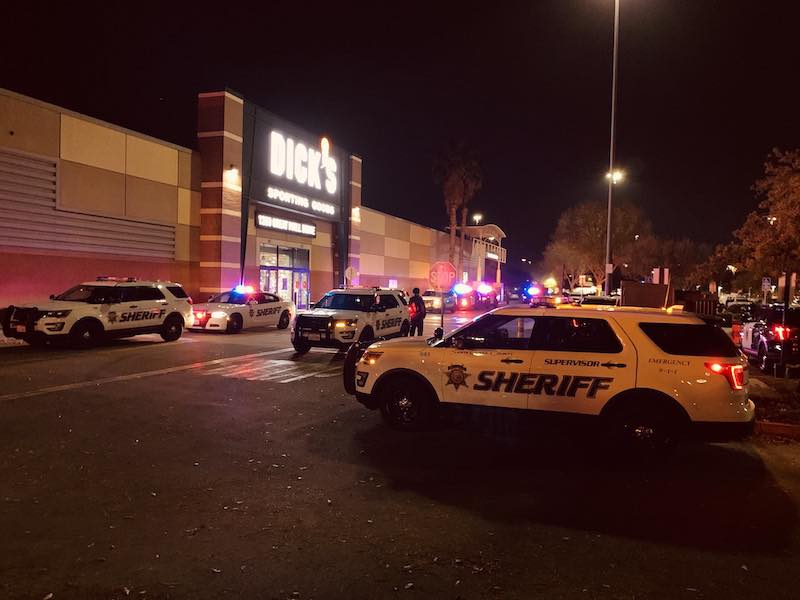The Great Mall is more than just a shopping destination—it’s a social hub, a community gathering place, and a vibrant representation of modern consumer culture. Stretching across a sprawling footprint, it teems with an impressive mix of retail outlets, restaurants, kiosks, and entertainment zones. Families often stroll its wide walkways, teenagers hang out with friends after school, and individuals of all backgrounds visit to shop, dine, or simply escape the monotony of everyday life. On weekends, the mall pulses with life: children laughing at indoor play zones, couples browsing stores hand-in-hand, and groups of friends gathering in food courts over shared meals.
In many towns and cities, malls like The Great Mall are perceived as safe spaces—neutral grounds where people of different ages and walks of life can coexist peacefully. The mall is often seen as a symbol of economic vitality and a reflection of community spirit. Parents let their teenagers explore its corridors with minimal supervision, trusting that the presence of security staff and surveillance systems provide an adequate safety net. Visitors rarely pause to consider that such familiar and welcoming spaces might become the backdrop for terror.
But recent events have shattered that illusion.
An active shooter incident at The Great Mall is a stark and heartbreaking reminder that no public space is immune to violence. In a matter of moments, a place associated with joy, leisure, and togetherness can transform into a scene of chaos, fear, and unimaginable trauma. Shoppers run for cover, families are separated in the panic, and the previously comforting hum of mall activity is replaced by the terrifying sound of gunshots and sirens.
This type of tragedy leaves not only physical scars but emotional ones too. Survivors often recount how ordinary their day began—perhaps with plans to buy a gift, meet a friend, or grab a quick lunch. Then, without warning, they found themselves ducking behind counters, sheltering in storerooms, texting loved ones goodbye. The psychological impact ripples far beyond the walls of the mall, affecting the broader community, first responders, and even those who watched the aftermath unfold through news and social media.
While security personnel at malls undergo training for such emergencies, the unpredictable nature of active shooter events means that complete preparedness is nearly impossible. Law enforcement agencies respond swiftly, but in those crucial initial minutes, the responsibility for survival often falls on ordinary people: employees hiding customers behind locked doors, strangers guiding one another to exits, and parents shielding their children with their own bodies.
In the wake of such an event, The Great Mall and others like it face a long road to recovery—not just in terms of repairing physical damage, but in rebuilding the public’s sense of safety and trust. There are renewed calls for better security infrastructure, stricter gun control policies, and enhanced mental health services. Community vigils are held, victims are honored, and hard conversations are had about how to prevent future tragedies.
Yet even amid grief and shock, stories of bravery, compassion, and resilience emerge. They remind us that while violence can erupt in the most unexpected places, the human spirit often shines brightest in the darkest moments.
In the end, The Great Mall is emblematic of both the promise and fragility of public life in today’s world. It serves as a gathering place, an economic engine, and, tragically, a reminder that vigilance, preparedness, and empathy are more essential than ever. For communities everywhere, it reinforces a painful but important truth: that safety in public spaces must never be taken for granted—and that healing, while difficult, is always possible when people come together.
Would you like this tailored for a specific audience or platform (e.g., a blog, news article, or social media post)?

Leave a Reply